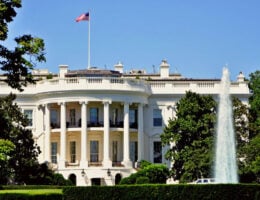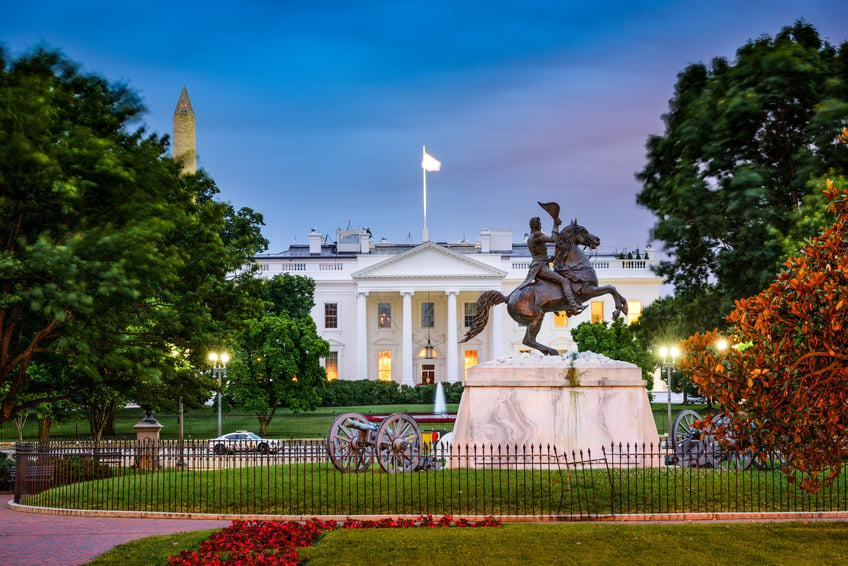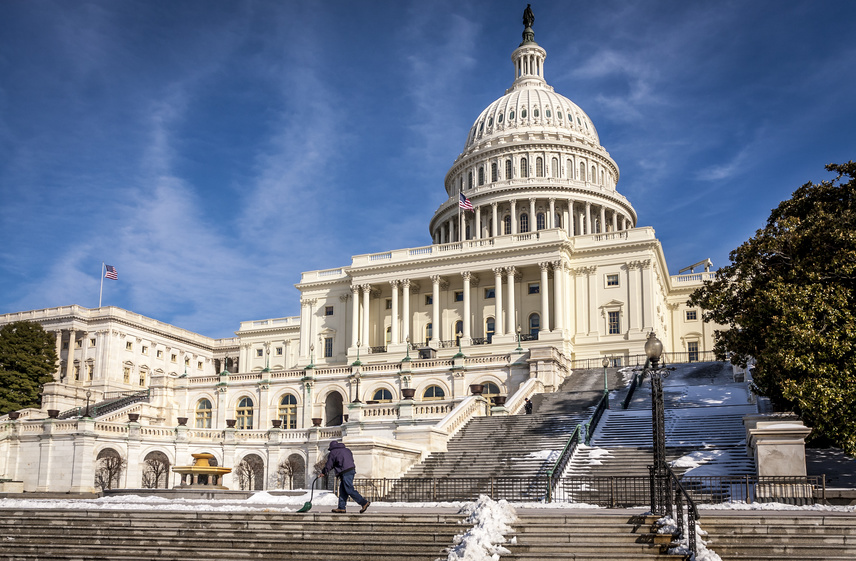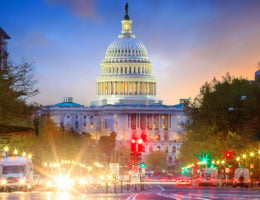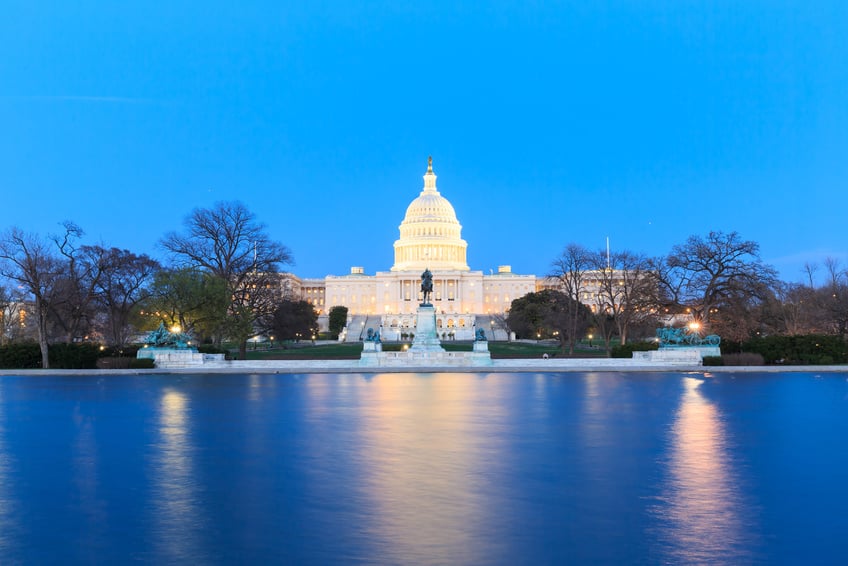The last thirty days in September, the end of the US federal government’s fiscal year, is generally an important time to analyze enforcement activity by the US Securities and Exchange Commission and the US Commodity Futures Trading Commission. In this short video, Baker McKenzie Partner Peter Chan, a former SEC Assistant Director of Enforcement, provides his insights regarding the importance of the timing of some of these enforcement actions.
On 4 October 2023, Deputy Attorney General Lisa Monaco of the U.S. Department of Justice announced a new DOJ-wide policy that seeks to provide greater certainty as to the potential benefits to acquirers that uncover criminal conduct at a target company. The DOJ’s Mergers & Acquisitions Safe Harbor Policy for voluntary self-disclosures provides greater certainty to acquirers who self-report within the safe harbor period, fully cooperate with the DOJ in its investigation, and engage in requisite, timely, and appropriate remediation, pay restitution, and disgorge any ill-gotten gains.
On 26 July 2023, the US Securities and Exchange Commission (SEC) approved the final rules for Cybersecurity Risk Management, Strategy, Governance, and Incident Disclosure. The SEC first proposed amendments to its rules on disclosures regarding cybersecurity risk management, strategy, governance, and incident reporting by public companies on 9 March 2022.
Please join us for a weekly series, hosted by Baker McKenzie’s North America Government Enforcement partners Jeffrey Martino and Jerome Tomas.
This weekly briefing is available on demand and will cover hot topics and current enforcement actions related to white collar crime and criminal investigations in the US and abroad to arm you with the information you need for your business week.
This week’s discussion will cover the following:
• DOJ’s Scrutiny on Interlocking Directorates spurs Board resignations
• DOJ files its first criminal Section 2 attempted monopolization case in decades
Please join us for a weekly series, hosted by Baker McKenzie’s North America Government Enforcement partners Jeffrey Martino and Jerome Tomas. This weekly briefing is available on demand and will cover hot topics and current enforcement actions related to white collar crime and criminal investigations in the US and abroad to arm you with the information you need for your business week. The latest video chat in the series includes a deep dive into DOJ’s focus on consumer fraud, and the SEC crypto touting case against Kim Kardashian.
Please join us for a weekly series, hosted by Baker McKenzie’s North America Government Enforcement partners Jeffrey Martino and Jerome Tomas.
This weekly briefing is available on demand and will cover hot topics and current enforcement actions related to white collar crime and criminal investigations in the US and abroad to arm you with the information you need for your business week.
This week’s discussion covers Deputy Attorney General Lisa Monaco’s memorandum revising Federal Corporate Criminal Enforcement Policies.
On 15 September 2022, Deputy Attorney General Lisa Monaco issued a memorandum to Department of Justice prosecutors entitled “Further Revisions to Corporate Criminal Enforcement Policies Following Discussions with Corporate Crime Advisory Group”. As has become common in recent years (with a brief intermission under Deputy Attorney General Rod Rosenstein who objected to the practice), such memoranda and other Department pronouncements have come to herald key developments in DOJ policy on corporate criminal enforcement and related practice. These memoranda are therefore closely watched by the defense bar and corporate counsel alike.
Please join us for a weekly series, hosted by Baker McKenzie’s North America Government Enforcement partners Jeffrey Martino and Jerome Tomas.
This week’s discussion will cover an update on the SEC Enforcement Agenda, VDA, Acquittals, Pattel MTD and MLEX.
Please join us for a weekly series, hosted by Baker McKenzie’s North America Government Enforcement partners Jeffrey Martino and Jerome Tomas. This week’s discussion will cover the Public Company Accounting Oversight Board (PCAOB) Statement of Protocol Agreement with the China Securities Regulatory Commission, and the China Ministry of Finance regarding oversight of PCAOB-registered public accounting firms in China and Hong Kong.
Please join us for a weekly series, hosted by Baker McKenzie’s North America Government Enforcement partners Tom Firestone and Jerome Tomas.
This week’s discussion will cover the following;
• our white collar thoughts on this week’s “Economist” article on ESG
• the SEC breaks new ground in insider trading case involving crypto assets
• the DOJ remains vigilant in promoting competition in the labor markets through several recent enforcement efforts

